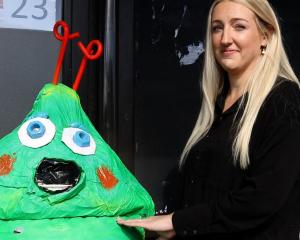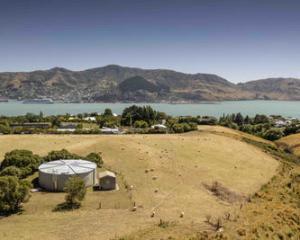
The Bromley plant, which is owned by Christchurch City Council and operated by Living Earth, is where the city's organic waste, including the contents from the kerbside green bins, is processed and turned into compost.
It was identified earlier this year as a cause of the odour problems in Bromley, and the city council has been working with Living Earth to make operational changes at the plant to address the smell.
But in spite of the changes, Bromley residents are still reporting odour problems so the council is now considering options for redeveloping the plant.
The plant currently processes waste through 18 aerated composting tunnels and then transfers the material outside to mature, over several weeks, in windrows.
Council staff have recommended upgrading the tunnels to increase aeration and improve the odour control.
Staff said the proposed upgrades would maximise use of the tunnels to run the organic waste into compost and minimise the time needed to fully mature the product outside.
"Currently 30,000 sq m of the outside area is used for maturing compost. The tunnel upgrades would improve the maturity and stability of the compost and reduce the outside maturation area required to about 2000 square metres – more than a 90 per cent reduction.
"We are confident this will reduce the odour to a level where it is not offensive or objectionable beyond the site boundary," staff said in a report prepared for the council’s Three Waters Infrastructure and Environment Committee meeting on November 25.
They said it will cost about $17.5 million to do the upgrade work, taking a staged approach over the next two to three years.
Staff also recommend council assess the odour reduction following the upgrade of the tunnels. If needed, it could then look at:
- Funding and building an additional fully ventilated structure to house the maturing and screening of the compost.
- Processing green waste from the neighbouring EcoDrop transfer station and other sources within the composting tunnels, if capacity allows.
- Processing green waste at another location.
Read the full Organics Processing Plant Development Options report here.













